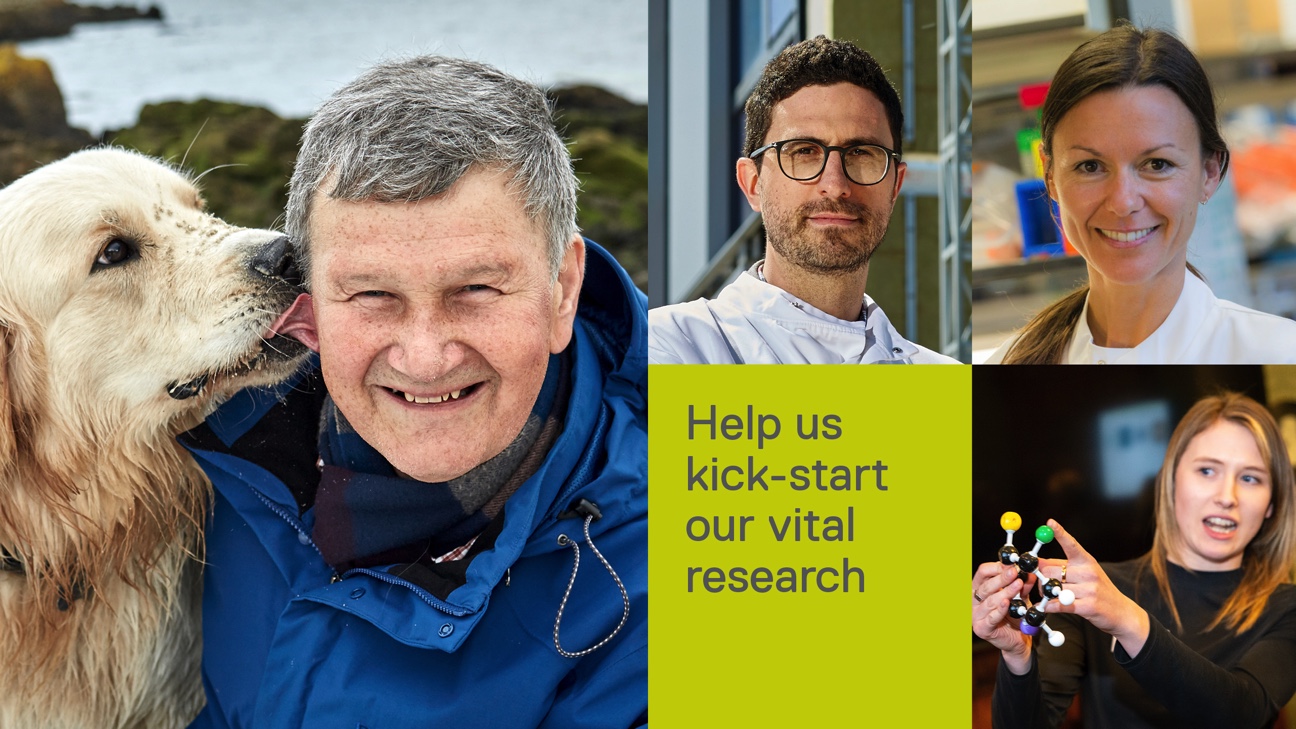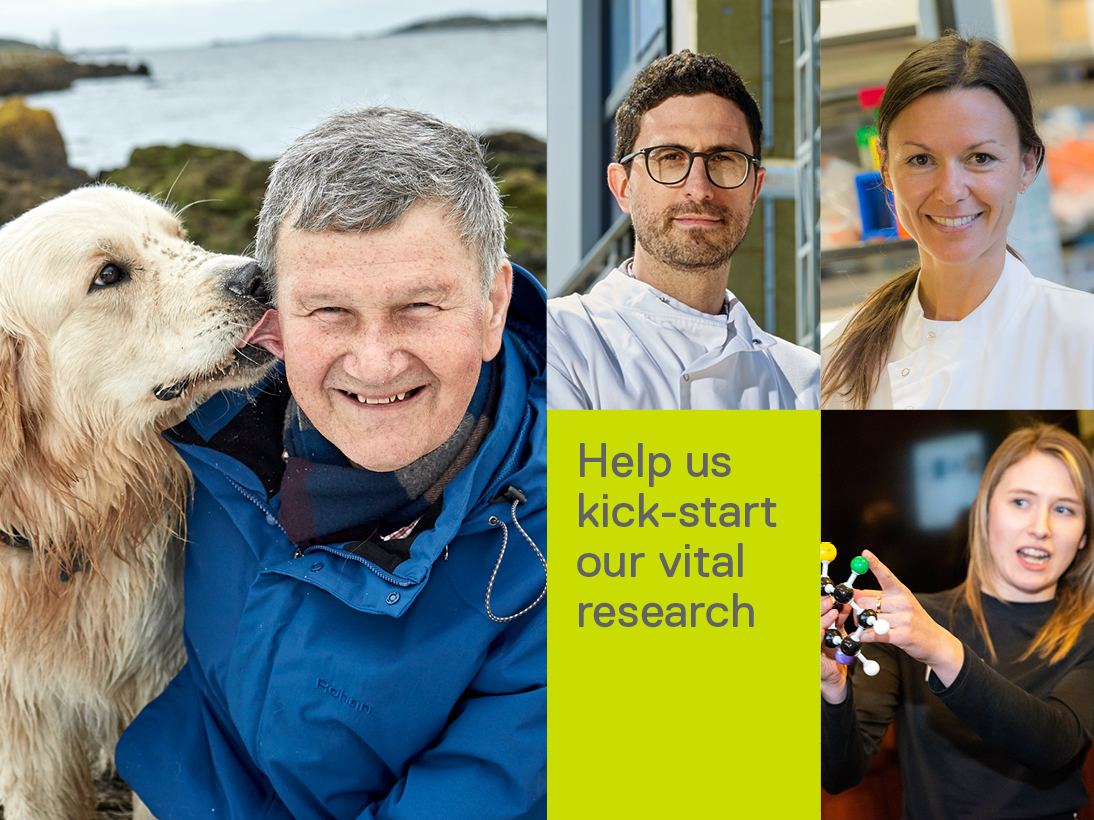
The Institute of Cancer Research, London, has launched a major fundraising appeal as it warns valuable research hours have been lost while it was forced to put vital work on hold because of the pandemic.
The appeal comes as funding for research at The Institute of Cancer Research (ICR) has declined through cuts in grants and the cancellation of major fundraising events.
At the start of the lockdown in March, the ICR, which is both a charity and one of the top centres in the world for cancer research, had to close the majority of its laboratories to ensure the safety of scientists and staff. The ICR could only leave a few labs open, such as those analysing precious patient samples from clinical trials.
The ICR has now begun to ramp up its laboratory research again but – with so much of its work brought to a standstill – this involves meticulous planning to restart disrupted experiments and resume cutting-edge clinical trials for patients.
The ICR also needs to finish equipping its Centre for Cancer Drug Discovery – a major new research building in Sutton, which will bring together 300 leading scientists to discover the next generation of cancer treatments.
Meanwhile, COVID-19 has left many cancer patients more vulnerable than ever as they now face delays in diagnosis and treatment. Modelling carried out by experts at the ICR has demonstrated that just a three-month delay in cancer surgeries could lead to 5,000 extra deaths, highlighting the ever-growing urgency to understand cancer better and design smarter, kinder and more effective treatments.
We've lost many vital research hours to the coronavirus crisis but the need for our work continues to grow. Please help us kick-start our research to make up for lost time in discovering smarter, kinder and more effective cancer treatments, and to ensure cancer patients don't get left behind.
'Every day is precious'
Rob Lester, from Fife in Scotland, was working as a GP when he was diagnosed with prostate cancer in 2012 at the age of 55. The cancer was advanced and had spread to the bone. He’s now been on the targeted drug abiraterone for around eight years. It was discovered and jointly developed by the ICR, and has now gone on to benefit hundreds of thousands of men with prostate cancer around the world.
Rob says the support for cancer research is crucial, to allow patients like himself to enjoy precious time with family and friends:
“When I was first diagnosed, I honestly didn’t think I had much of a chance. I had hoped I would survive five years. But then I got abiraterone and that was like winning the lottery.
“Abiraterone has given me hope – not only have I survived, but I’ve been able to enjoy my life and have a great quality of life. I often don’t think about the cancer now. I’ve been able to take up things that I didn’t do before – I’ve joined a walking group and now we do walking holidays. We’re looking at the map and thinking of places that we’d like to go. I live what I would call a ‘normal’ life.
“For the future, I would really hope to keep living a bit longer, live a normal life and treat the cancer as something that you cope with, rather than something you fight. My treatment has given me a new lease of life, and now every day is precious. That’s why we need to support the ICR today, so they can get their life-changing research up-and-running again, to help more people to live a good life with cancer.”
Professor Paul Workman, Chief Executive of The Institute of Cancer Research, London, said:
“Thanks to research, we are already making great progress against cancer, with diseases that just a few years ago were lethal now increasingly manageable for patients long term. However, the coronavirus pandemic has been a major setback and it has been devastating for our researchers to step away from the lab bench, and to press the pause button on their work to improve cancer patients’ lives.
“Sadly, cancer has not been self-isolating during this time and the need for our work continues to grow. We’re calling for vital support to kick-start that work and help us compensate for the research hours we have lost – we know that cancer patients around the world are counting on us to deliver new treatments to give even those with advanced disease the chance of a much longer and better life.”
Help the ICR make up for lost time and kick-start their life-saving cancer research by donating today.
